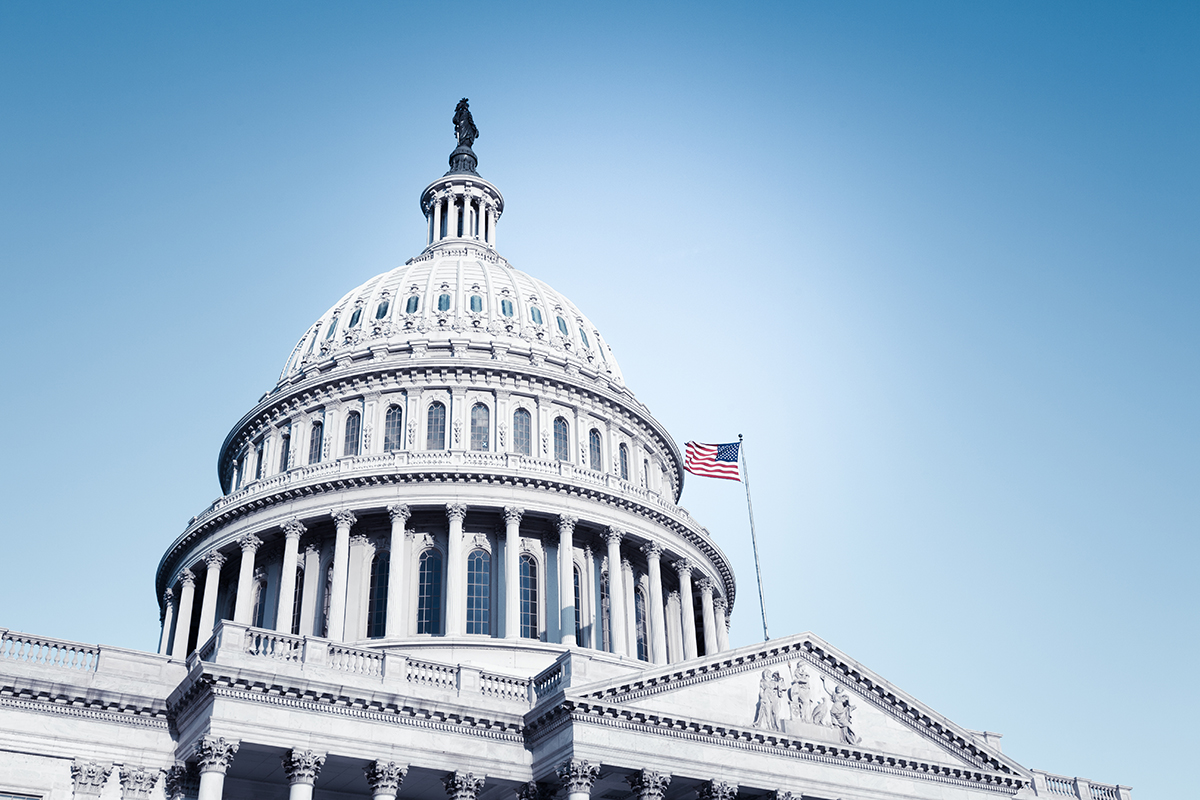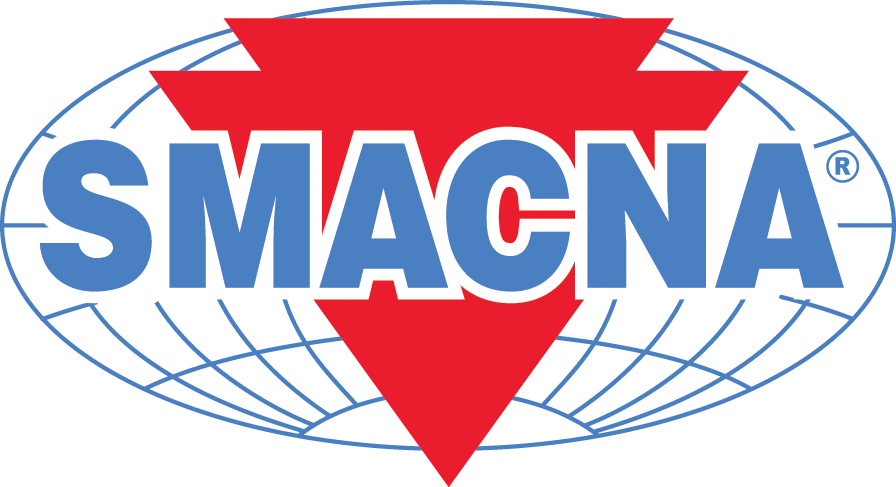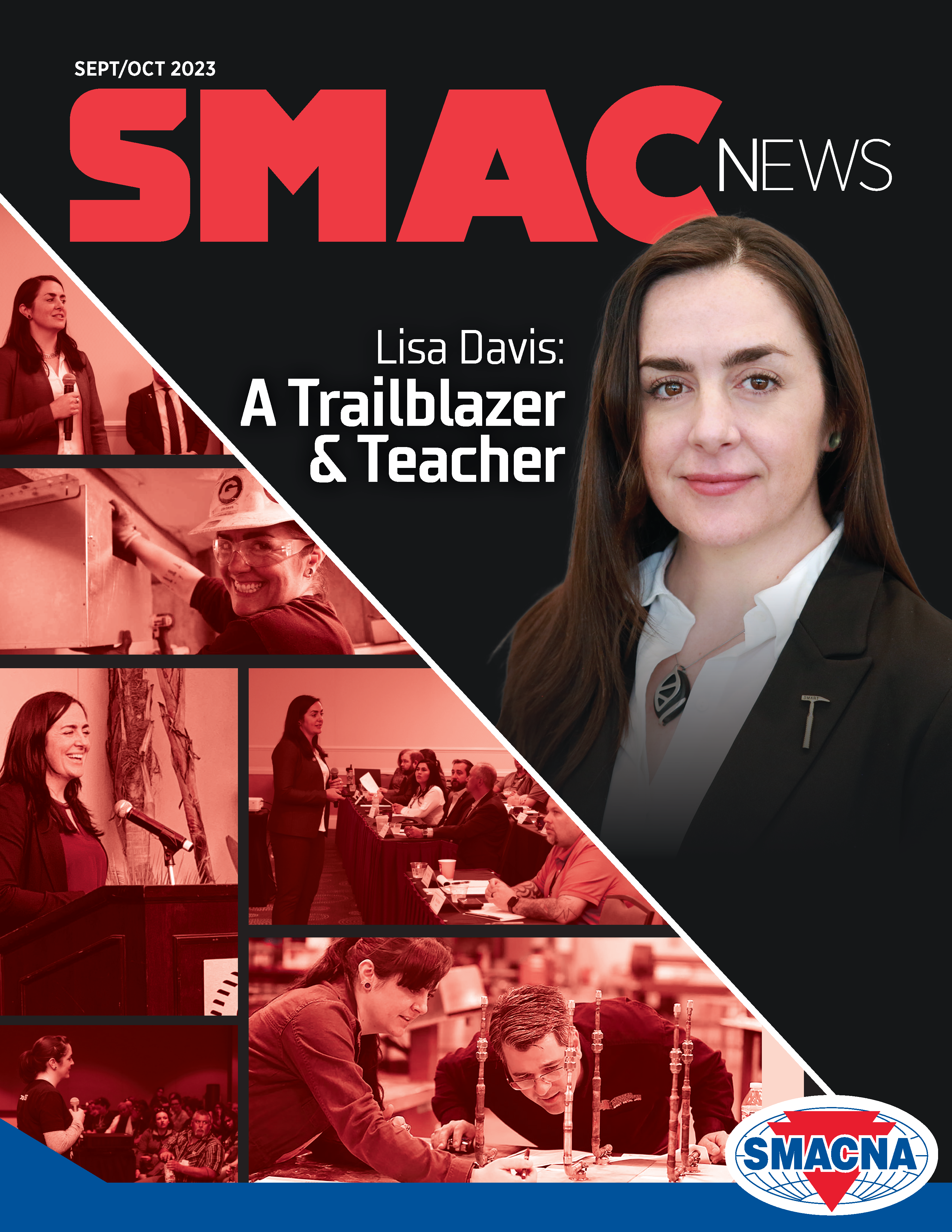SMACNA Endorses the IRS Tax Credit Direct Pay Rules & a SMACNA Issue Scorecard
The Inflation Reduction Act of 2022 (IRA), Public Law 117-169, not only introduced a range of new and enhanced clean energy-related tax credits, but also created two new ways for taxpayers and tax-exempt entities to monetize these credits.
 The Inflation Reduction Act of 2022 (IRA), Public Law 117-169, not only introduced a range of new and enhanced clean energy-related tax credits, but also created two new ways for taxpayers and tax-exempt entities to monetize these credits.
The Inflation Reduction Act of 2022 (IRA), Public Law 117-169, not only introduced a range of new and enhanced clean energy-related tax credits, but also created two new ways for taxpayers and tax-exempt entities to monetize these credits.
- Under Section 6417, tax-exempt and government entities (and for certain credits, taxable entities) can elect to receive tax credits as refundable direct payments.
- Under Section 6418, non-tax-exempt taxpayers can elect to transfer all or a portion of tax credits to unrelated parties for cash.
SMACNA supports the IRA, including the Direct Pay Provision (Section 6417) and Transferability Provision (Section 6418).
Before the IRA, it was not possible to monetize federal tax credits generated by renewable energy projects outside of tax equity financing structures. The intent behind the transferability and direct pay provisions is that they will allow for new investors to enter the market. This will allow for more stakeholders to use the credits to finance a greater variety of facilities more quickly and affordably.
SMACNA supports an expansive definition of “applicable entity,” including both private non-profit entities and public entities, including: school districts, public utility districts, and special purpose entities established by governments (such as joint action agencies, economic development corporations, and joint powers authorities).
SMACNA supports clear and transparent standards to ensure a robust market for clean energy tax credits.
SMACNA endorses that the applicable tax credit and any eligible bonus credit amounts (e.g., for prevailing wage and apprenticeship, domestic content, and energy and low-income communities) are eligible for direct payment.
SMACNA argues that the final rule should make clear that there will be no waiver for labor standards, including prevailing wage and apprenticeship standards.
SMACNA Issue Scorecard
As of mid-October, SMACNA advocates for the following member priorities:
- Independent Contractor Regulatory Reform – Draft Regulatory Comment Filed/support construction reforms in current draft process at DOL. Awaiting release of reformed IC rules.
- Endorse Extension of R&D Tax Credit AND Section 179 Bonus Equipment Depreciation provisions (S. 866/H.R. 2673)
- Promote Change Order Reform/Small Business Payment for Performance Act – Leading to endorse change order reform (H.R. 2726) bill to provide payment on approval for half of change order amount, expedited resolution of the remainder once certified.
- Substance Abuse Program Funding and Research – (S. 1359/S. 644) would increase access to care for people experiencing opioid use disorder by reforming outdated rules for the prescription and dispensing effective medications.
- Defend PLAs / Davis-Bacon Act – Oppose (H.R. 1390/H.R. 720/S. 537) repealing both laws.
- Defend the IRA and CHIPS and Science Act 1.0 (Support 2.0) tax incentives for private construction/public projects.
- Defend Continued Funding of School Construction / IAQ – Programs included in the American Rescue Plan intended for 4 years of retrofits as well as new programs in the infrastructure and reconciliation package. **179d use is optional.
- Boost Registered Apprenticeship – Support (H.R. 2851/S. 249/H.R. 2900) funds for construction industry workforce development programs in DOL Appropriations, Infrastructure Act, Rescue Plan and reconciliation package/Apprenticeship Act and Hubs Act.
- Advocate for The SAFE Banking Act – Bills H.R. 2891/S. 1323) would provide access to the federal banking system for cannabis-related industry payments.
- Support Nuclear Energy Financing, Licensing and Advanced Technology Act – S. 1111, Accelerating Deployment of Versatile, Advanced Nuclear for Clean Energy (ADVANCE) Act of 2023. It also directs the Nuclear Regulatory Commission to create a pathway for conventional energy source sites to be repurposed and used to boost the deployment of the next generation of nuclear reactors.
Breaking News on Davis-Bacon
After anti-labor forces howled to Congress over the newly reformed and modernized Davis-Bacon rules, some of the more extreme GOP members mobilized a draft amendment to overturn the rules. The SMACNA-endorsed reforms are now final and went into effect Oct. 23.
SMACNA friends Reps. Brian Fitzpatrick (R-PA-1) and Don Bacon (R-NE-2), as well as other SMACNA prevailing wage issue champions on the House side, drafted a letter to Acting Sec. of Labor Julie Su in strong and unequivocal support of the recent regulatory updates to the Davis-Bacon and Related Act (DBRA).
Initially, the letter intentionally included only leading House Republican names to show repeal leaders they were outflanked and the effort could not succeed. SMACNA and its allies worked to expand the number of House GOP prevailing wage advocates on the letter to show support to the House and Senate that these rules are final.
The signers commended the Department of Labor on the updates to the final rule to the Davis-Bacon and Related Acts (DBRA). With this being the first comprehensive review in four decades, these updates will protect worker wages and ensure workers on federally supported construction projects are not left behind.
Published: October 30, 2023
IN THIS ISSUE
5 Reasons Why Belonging Matters
BE4ALL (Belonging and Excellence for All) lauched in December 2021. The initiative envisions a diverse, inclusive and unionized sheet metal industry that is welcoming and fosters belonging for all.
A Milestone Coup for Contractors
The Davis-Bacon Act final rule is a win for SMACNA members and quality-driven contractors bidding on federal and public works projects.
Budget & Forecast Your Way to a Profitable 2024
Because private companies don’t face the same scrutiny and reporting requirements as their public counterparts, the budgeting and forecasting process is often overlooked or underutilized by many construction companies.
Choose Your Social Media Platforms Wisely
Ready to add social media to your marketing strategy? Target the platforms that fit your business needs for best results
Duct & Cover
Hohler’s Furnace and Sheet Metal tackles the HVAC for a shooting range.
Everyone Is Invited — BE4ALL
Forget the quotas. No more arbitrary demands. The purpose of Belonging and Excellence for All (BE4ALL) is to meet real-world demands for the best, most qualified workforce available for the industry.
Fall Brings Positive Energy & Continued Focus
SMACNA's CEO talks about the need for SMACNA contractors to become as involved as possible in the political process and outlines some of the tools that have been provided by SMACNA's Government Affairs team.
Installing Sculpted Sheet Metal
Indianapolis-based Gainbridge Fieldhouse entrusts the installation of two new sculptures to SMACNA member.
Labor Board Issues Several Significant Decisions
Over the past month, the National Labor Relations Board (NLRB or Board) has issued several significant decisions, including expanded scrutiny of employer policies and handbooks, an expansion of what constitutes “protected concerted activity” and two
Lisa Davis: A Trailblazer & Teacher
Lisa Davis is the first woman administrator of the National Energy Management Institute and a voice for mentorship, opportunity and inclusion.
Look at the Entire HVAC System to Maximize IAQ & Gain a Competitive Advantage
SMACNA's President outlines the need for contractors to understand how to leverage their skills and resources to deliver maximum value to their clients while also meeting their operational needs in this ever changing environment.
SMACNA Endorses the IRS Tax Credit Direct Pay Rules & a SMACNA Issue Scorecard
The Inflation Reduction Act of 2022 (IRA), Public Law 117-169, not only introduced a range of new and enhanced clean energy-related tax credits, but also created two new ways for taxpayers and tax-exempt entities to monetize these credits.
Tackling One of the Largest Construction Projects in U.S. History
Pharmaceutical facility experience comes in handy during a job at an electrical vehicle battery manufacturing plant.
Welcome New SMACNA Members


